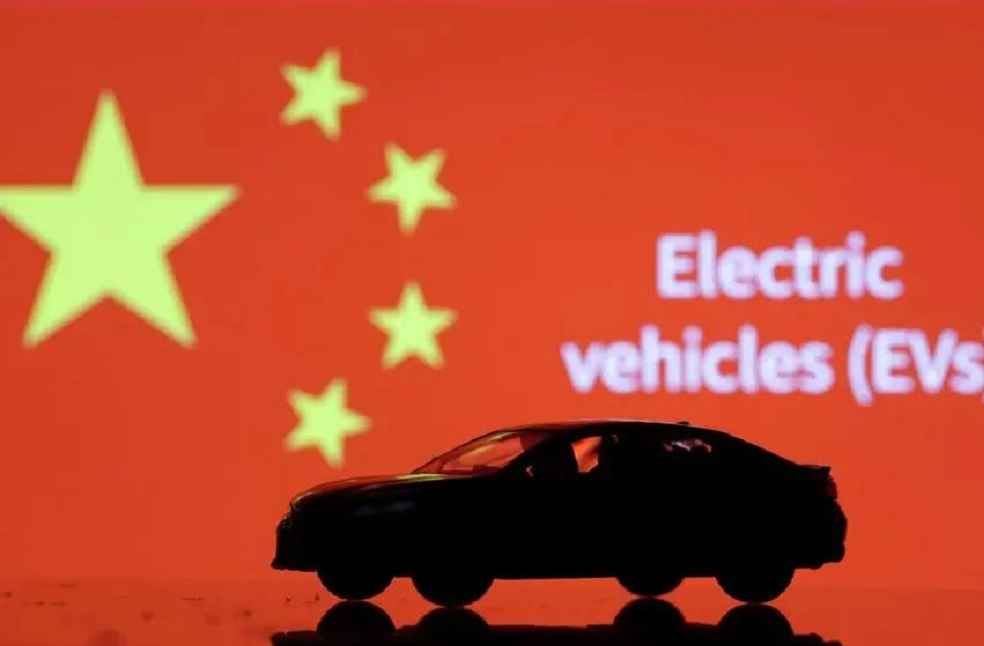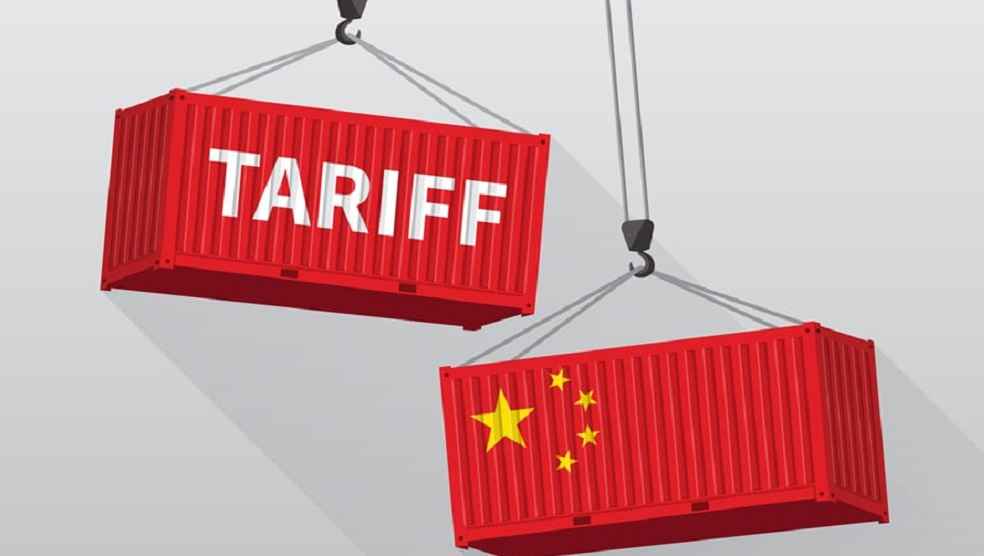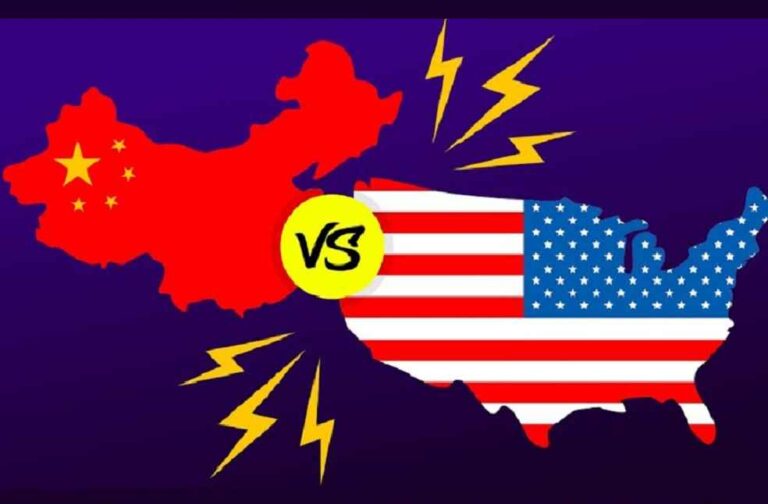The China Council for the Promotion of International Trade (CCPIT) has articulated strong opposition through its official WeChat channel to the U.S. administration’s recent augmentation of tariffs on an assortment of Chinese imports. This expansion targets high-tech sectors such as electric vehicles (EVs), lithium batteries, and semiconductors, building on the pre-existing tariffs under Section 301.
CCPIT contends that these actions are prototypical of unilateralism and trade protectionism, a position bolstered by a WTO panel’s September 2020 ruling, which declared these tariffs non-compliant with global trade norms. CCPIT urges a swift repeal of the augmented tariffs to enhance trust and foster cooperation between the business sectors of the two global powerhouses.

Parallel discussions from the China Chamber of Commerce for Import and Export of Machinery and Electronic Products (CCCME) underscore the limited impact of the U.S. tariffs on China’s export volume in the targeted sectors. Despite EVs and photovoltaic cells representing less than 1 percent of China’s total exports to the U.S. in 2023, CCCME warns that the tariffs will elevate market prices, escalate operational costs for U.S. logistics, and stifle global innovation and collaboration.
At a recent press briefing, Chinese Foreign Ministry spokesperson Wang Wenbin criticized the continuous politicization of trade issues by the U.S., forecasting significant economic repercussions predominantly borne by American consumers and businesses. Moody’s analytics corroborates this forecast, estimating that American consumers will bear 92 percent of the cost increases from the tariff hike, translating to an average annual rise in household expenses of $1,300.

China’s Ministry of Commerce (MOFCOM) also responded, refuting Western claims of ‘overcapacity’ in China as mere pretexts for protectionist agendas. MOFCOM praised the rapid ascent of Chinese EV firms, attributing their success to innovation and competitive market practices rather than governmental subsidies. MOFCOM also criticized the contradictory practices of nations that champion green development while adopting protectionist policies, positing that such actions jeopardize global climate cooperation and trust.
As this conflict continues to unfold, the discord between the U.S. and China threatens to not only strain bilateral relations but also destabilize the broader landscape of international economic and environmental cooperation.



